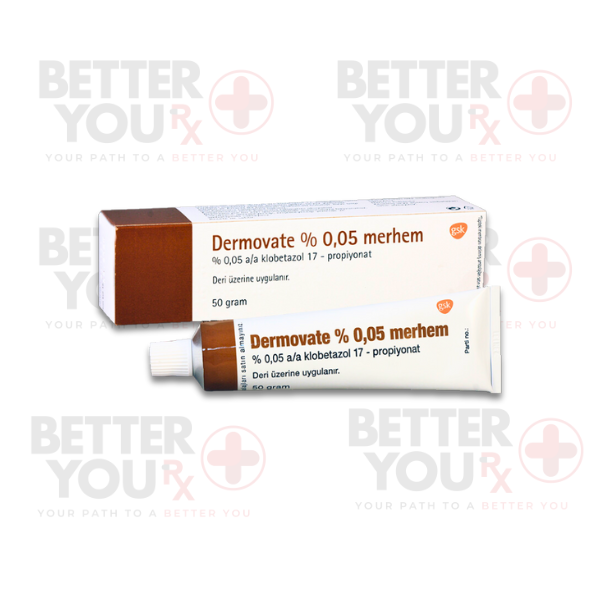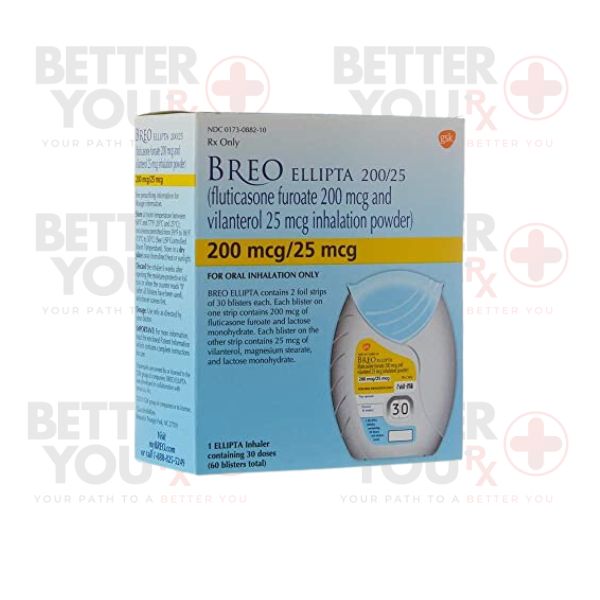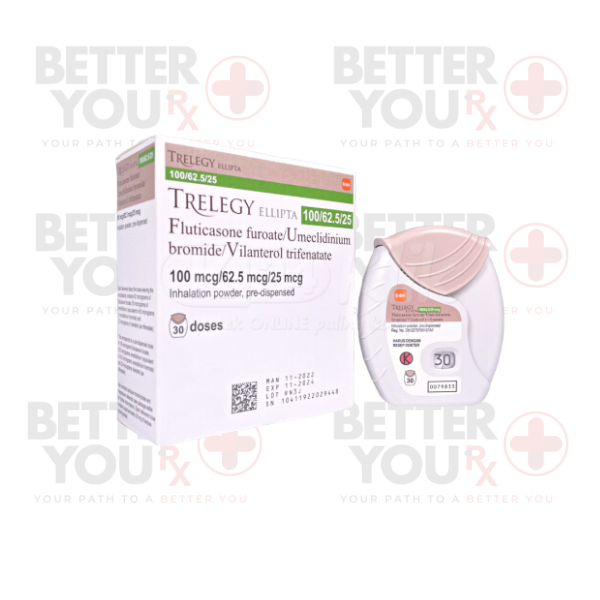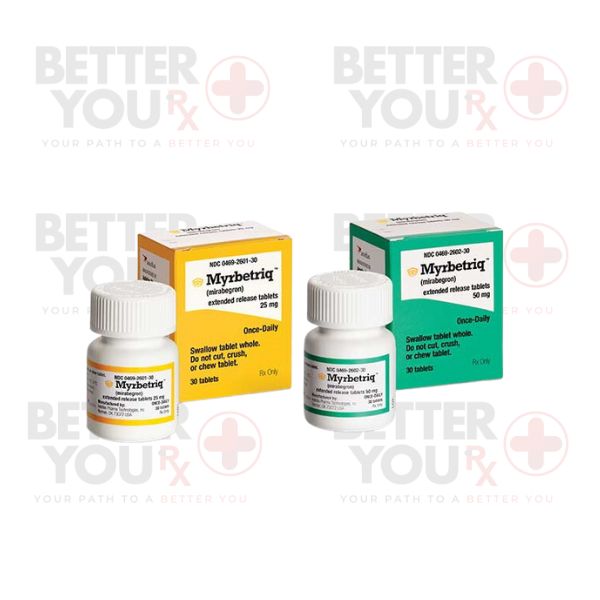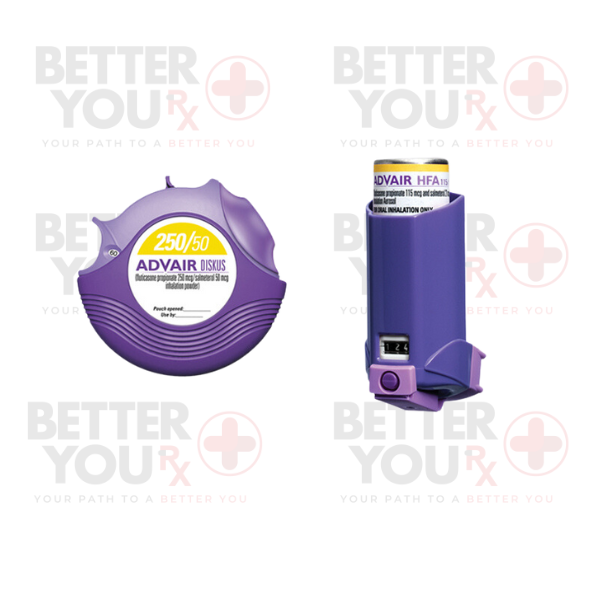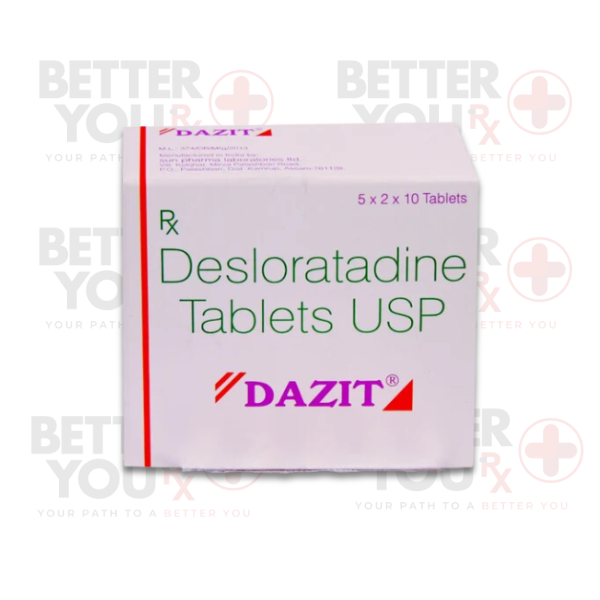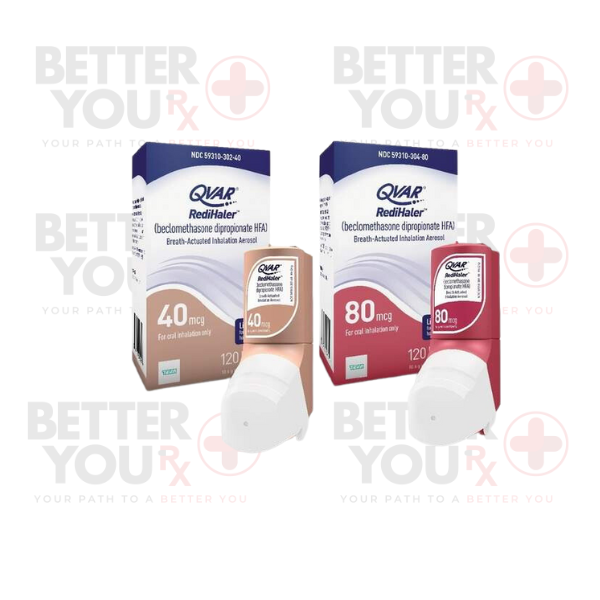| Uses of Dermovate Cream |
Dermovate Cream is primarily prescribed for managing severe inflammatory skin conditions in adults and children. Its use is particularly effective in:
Treating Psoriasis: Dermovate alleviates symptoms of plaque psoriasis, reducing scaling and redness.
Eczema Relief: The cream provides relief from eczema symptoms, including intense itching and inflammation.
Managing Dermatitis: It helps in controlling contact dermatitis and seborrheic dermatitis, reducing irritation and redness.
Alleviating Inflammation: Dermovate Cream is effective in decreasing inflammation and discomfort associated with various skin conditions.
|
| Benefits of Dermovate Cream |
The benefits of using Dermovate Cream extend beyond symptom relief. Patients often report a range of positive effects, including:
Rapid Reduction of Symptoms: Many users experience noticeable improvement within a few days of treatment, allowing for quicker symptom control.
High Potency: As a class IV corticosteroid, Dermovate is among the strongest topical treatments available, making it suitable for severe cases.
Localized Treatment: The cream allows for targeted application, minimizing systemic side effects associated with oral corticosteroids.
Improved Skin Appearance: Regular use can lead to significant improvements in skin texture and appearance, enhancing self-esteem.
Enhanced Daily Comfort: By reducing symptoms, individuals often find it easier to engage in daily activities without the burden of skin discomfort.
|
| Side Effects of Dermovate Cream |
As with any medication, Dermovate Cream can cause side effects, although not everyone will experience them. Common side effects include:
Skin Thinning: Prolonged use may lead to atrophy of the skin, making it more fragile.
Burning or Stinging: Some users may experience a mild burning sensation upon application.
Itching or Irritation: In some cases, users report increased itching or irritation after starting treatment.
Folliculitis: Inflammation of hair follicles may occur in the treated area.
Allergic Reactions: Rarely, users may develop allergic reactions, including rash or swelling.
|
| Serious Side Effects |
While serious side effects are rare, it’s important to be aware of potential severe reactions, such as:
Severe Allergic Reactions: Signs may include hives, swelling, or difficulty breathing. Seek immediate medical attention if these occur.
Worsening of Skin Condition: If symptoms do not improve or worsen significantly, consult your healthcare provider.
|
| How to Use Dermovate Cream |
To achieve the best results from Dermovate Cream, follow these guidelines:
Dosage: Apply a thin layer of Dermovate Cream to the affected area as directed by your healthcare provider. Typically, it is used once or twice daily.
Application: Gently massage the cream into the skin until fully absorbed. Avoid applying it to large areas or under occlusive dressings unless directed by a physician.
Duration of Treatment: Use for the duration prescribed by your healthcare provider. Avoid long-term continuous use to minimize the risk of side effects.
|
| How Dermovate Works |
Dermovate Cream's efficacy stems from its active ingredient, clobetasol propionate, which is a potent synthetic corticosteroid. It works by:
Reducing Inflammation: Clobetasol acts by suppressing the inflammatory response in the skin, effectively reducing redness and swelling.
Immune Response Modulation: It inhibits the activation of immune cells that contribute to inflammation, thereby alleviating symptoms associated with skin disorders.
Vasoconstriction: The cream causes blood vessels in the skin to constrict, reducing blood flow to the area and further minimizing inflammation.
|
| Safety Advice and Precautions |
Prior to starting Dermovate Cream, it is important to consider the following safety advice and precautions:
Pregnancy and Breastfeeding: Consult your healthcare provider if you are pregnant, planning to become pregnant, or breastfeeding, as corticosteroids can affect hormonal balance and milk composition.
Pre-existing Conditions: Inform your healthcare provider about any skin infections or conditions, as these may contraindicate the use of topical steroids.
Drug Interactions: Provide your healthcare provider with a list of all medications you are taking, including over-the-counter drugs and supplements.
|
| What if You Forget to Apply Dermovate Cream? |
If you forget to apply Dermovate Cream, use it as soon as you remember. If it's close to the time for your next application, skip the missed dose and resume your regular schedule. Do not apply extra cream to make up for the missed dose, as this can increase the risk of side effects.
|
| Overdosing |
In the event of an overdose, which may present as excessive skin thinning or systemic effects, seek immediate medical attention. Overdosing on Dermovate is rare but it’s crucial to be aware of the signs and to act promptly if they occur.
|
| How to Store Dermovate Cream |
To ensure the effectiveness and safety of Dermovate Cream:
Storage Conditions: Store the medication in a cool, dry place, away from direct sunlight and moisture.
Child Safety: Keep Dermovate Cream out of reach of children and pets to prevent accidental ingestion.
Expiration Date: Do not use the medication past its expiration date. If expired, dispose of it properly by following local guidelines for medication disposal.
|
| FAQs About Dermovate Cream |
Q. Can Dermovate Cream be used on the face?
Dermovate is generally not recommended for use on the face or sensitive skin areas unless directed by a healthcare provider due to the risk of side effects.
Q. How long does it take for Dermovate to work?
Many users report noticeable improvements within a few days of starting treatment, although individual responses may vary.
Q. Can I use Dermovate Cream with other topical medications?
Consult your healthcare provider before combining Dermovate with other topical treatments, as some may interact or cause increased side effects.
Q. Is Dermovate suitable for long-term use?
Long-term use of Dermovate should be monitored by a healthcare provider to assess ongoing treatment needs and minimize the risk of side effects.
|

